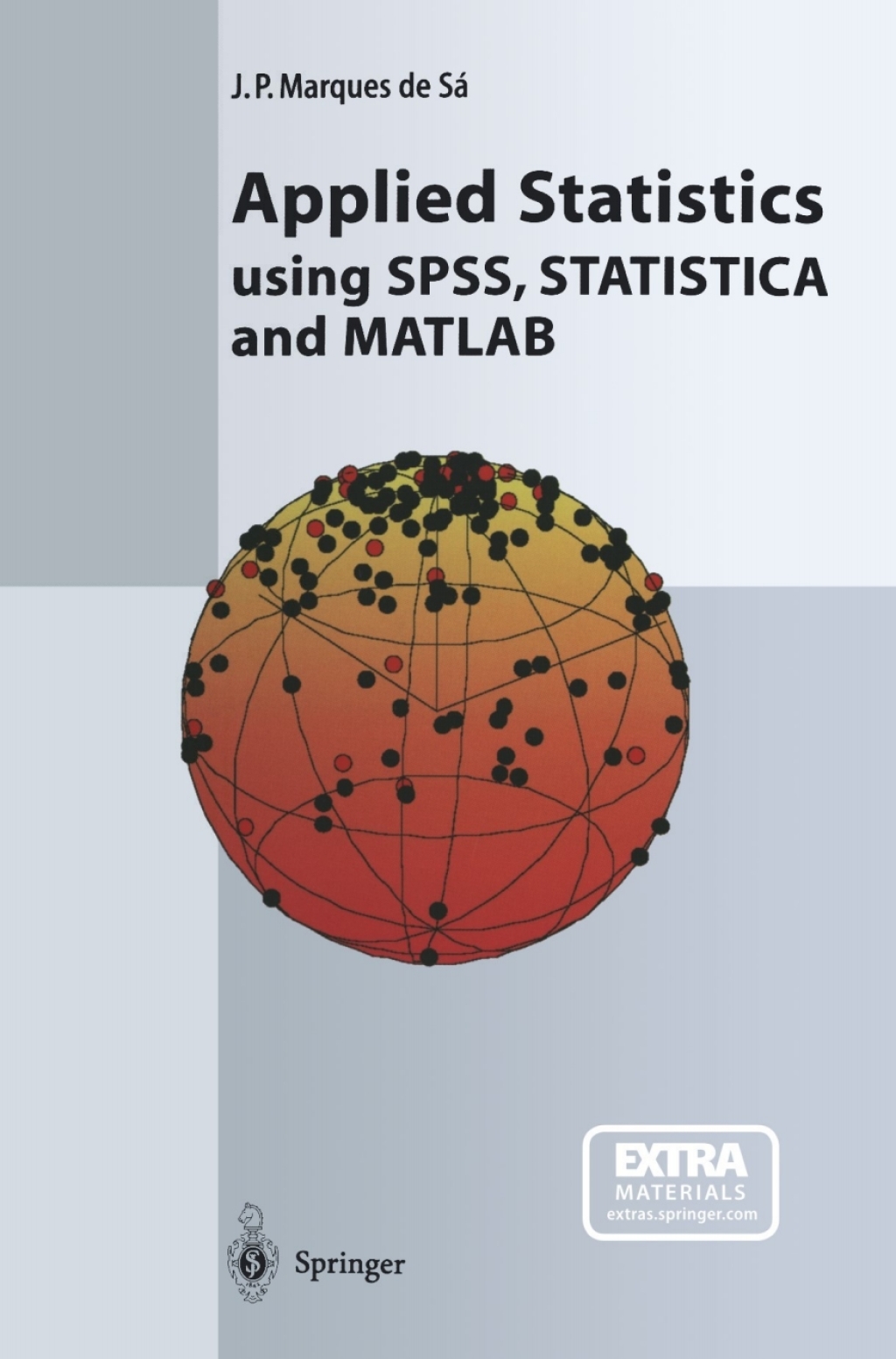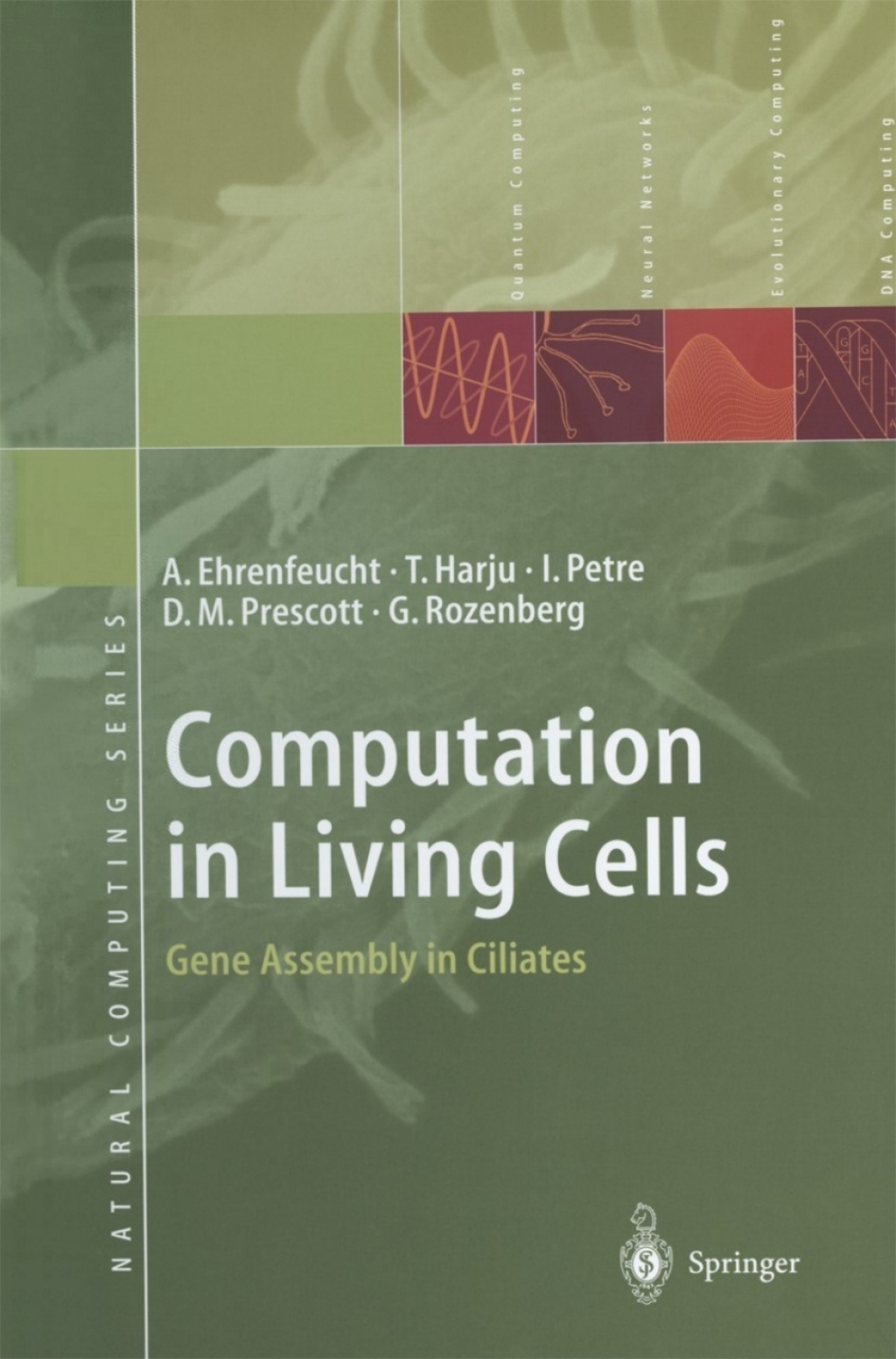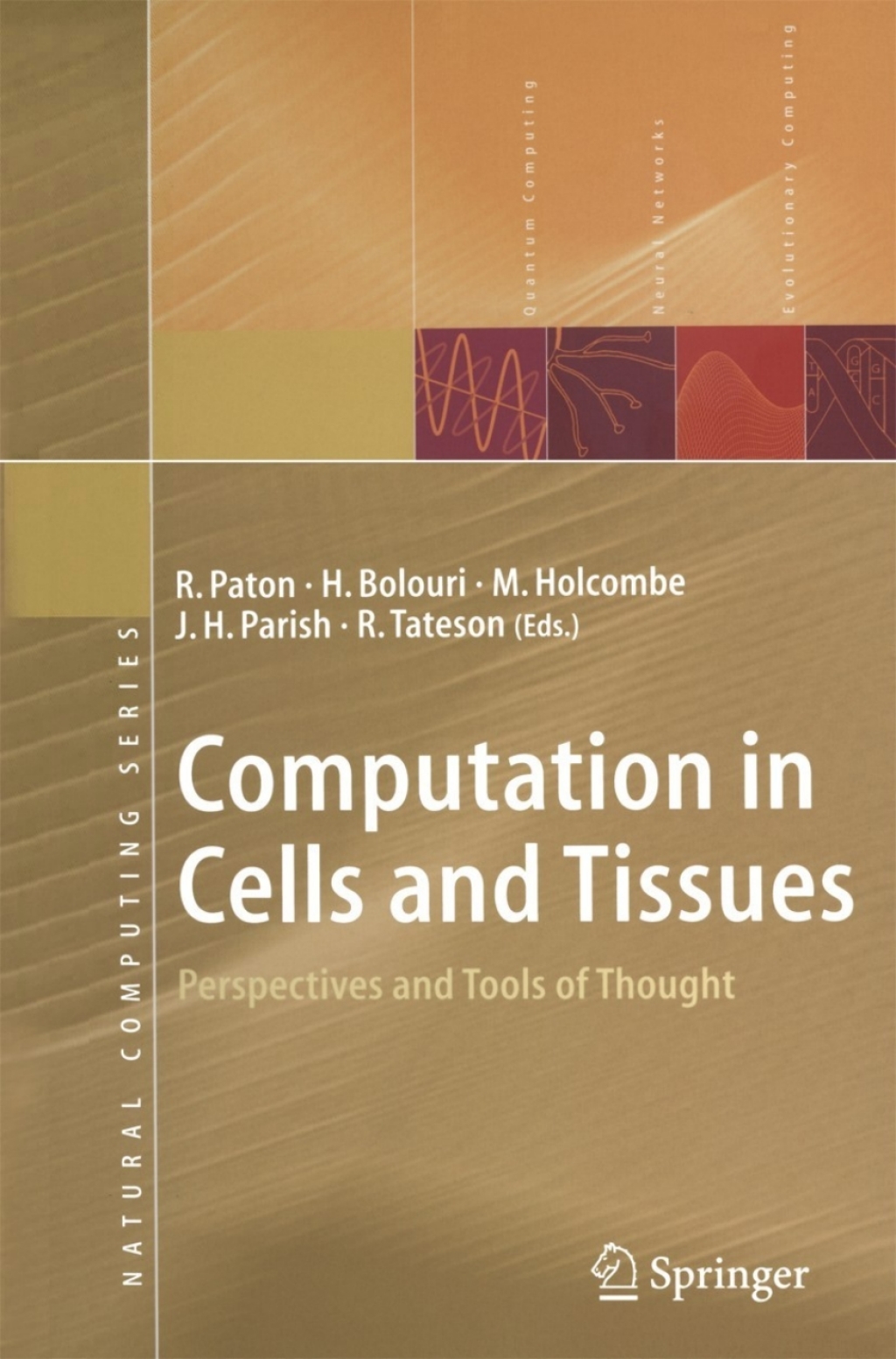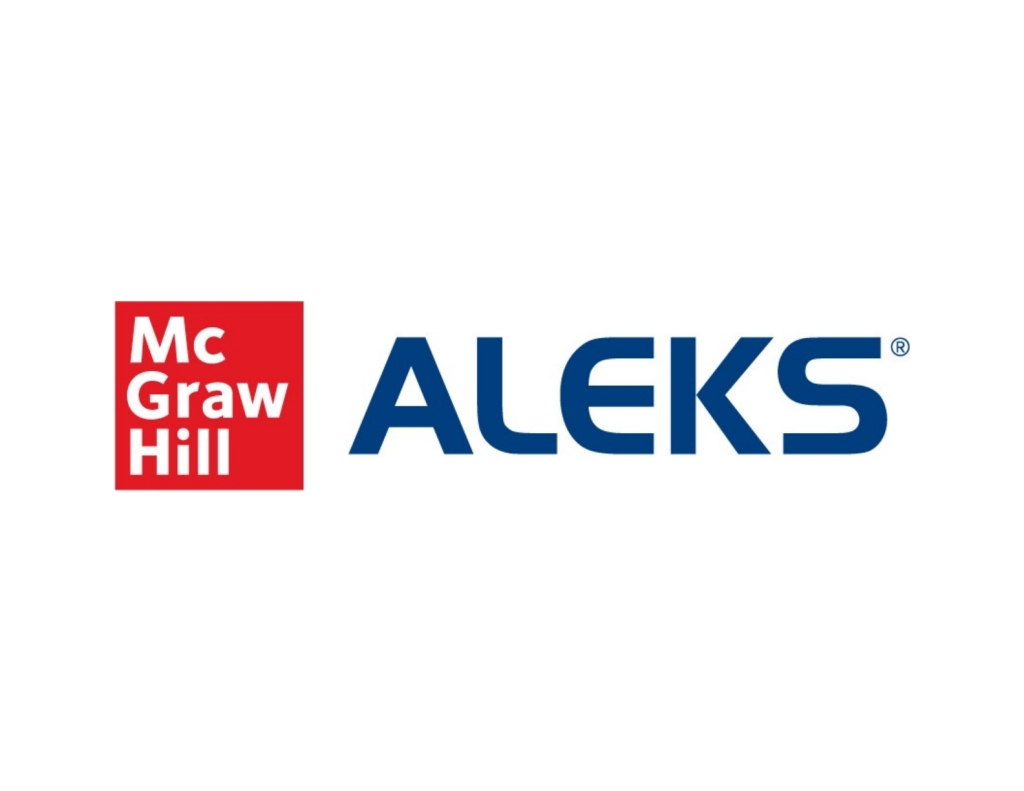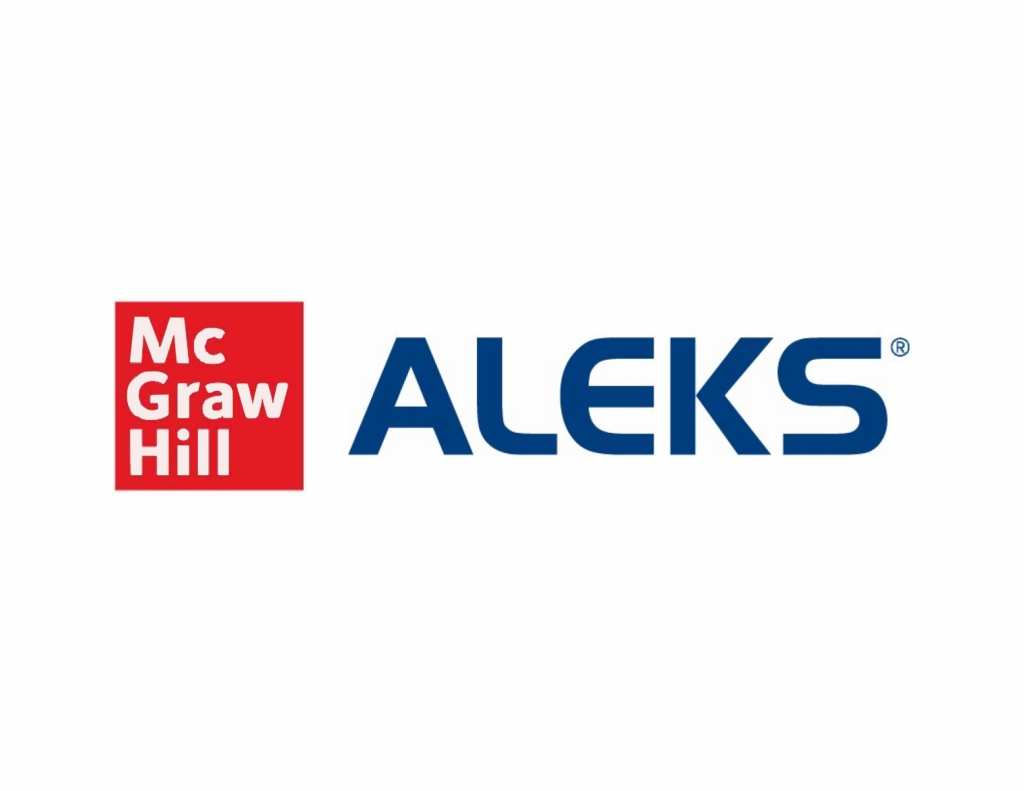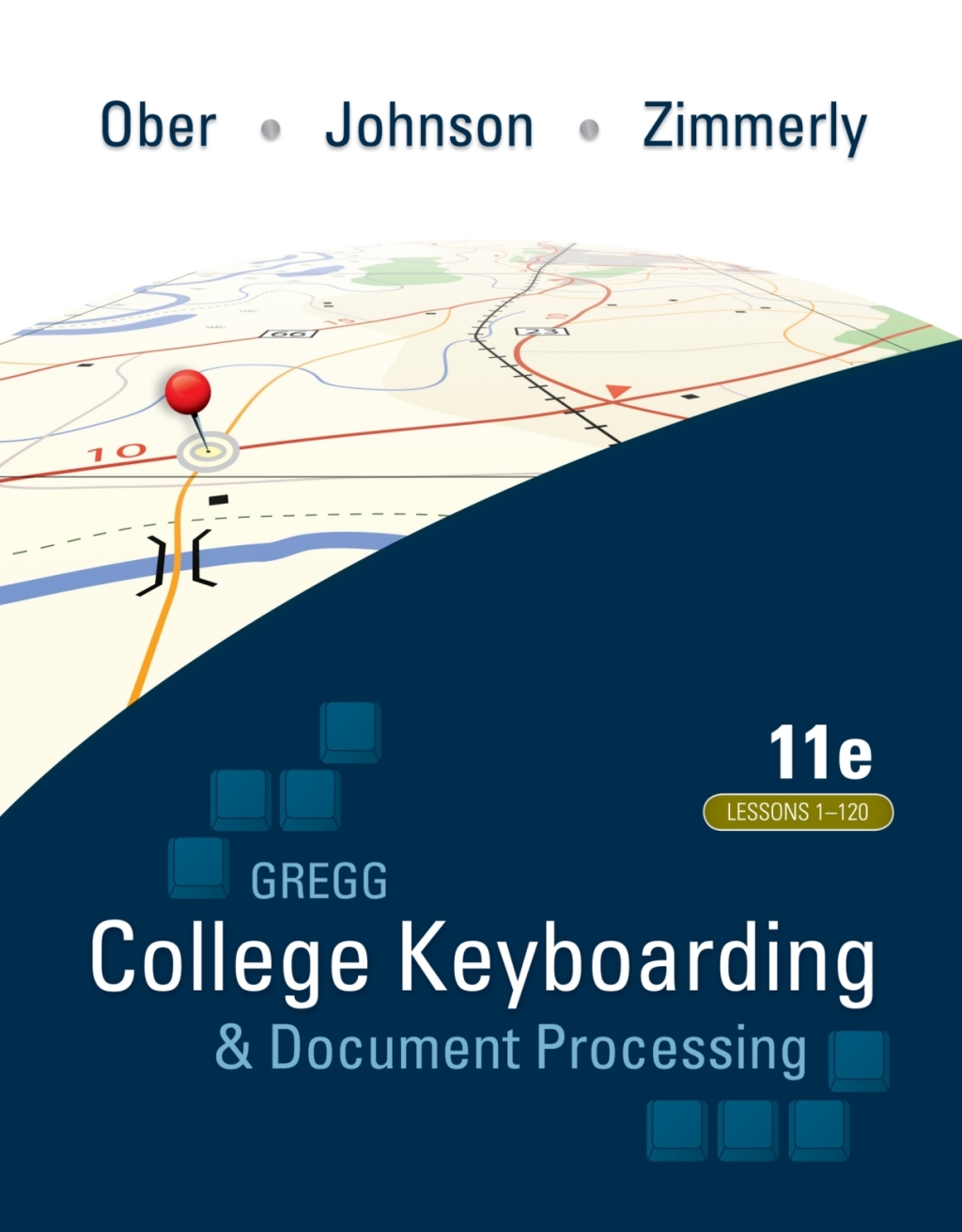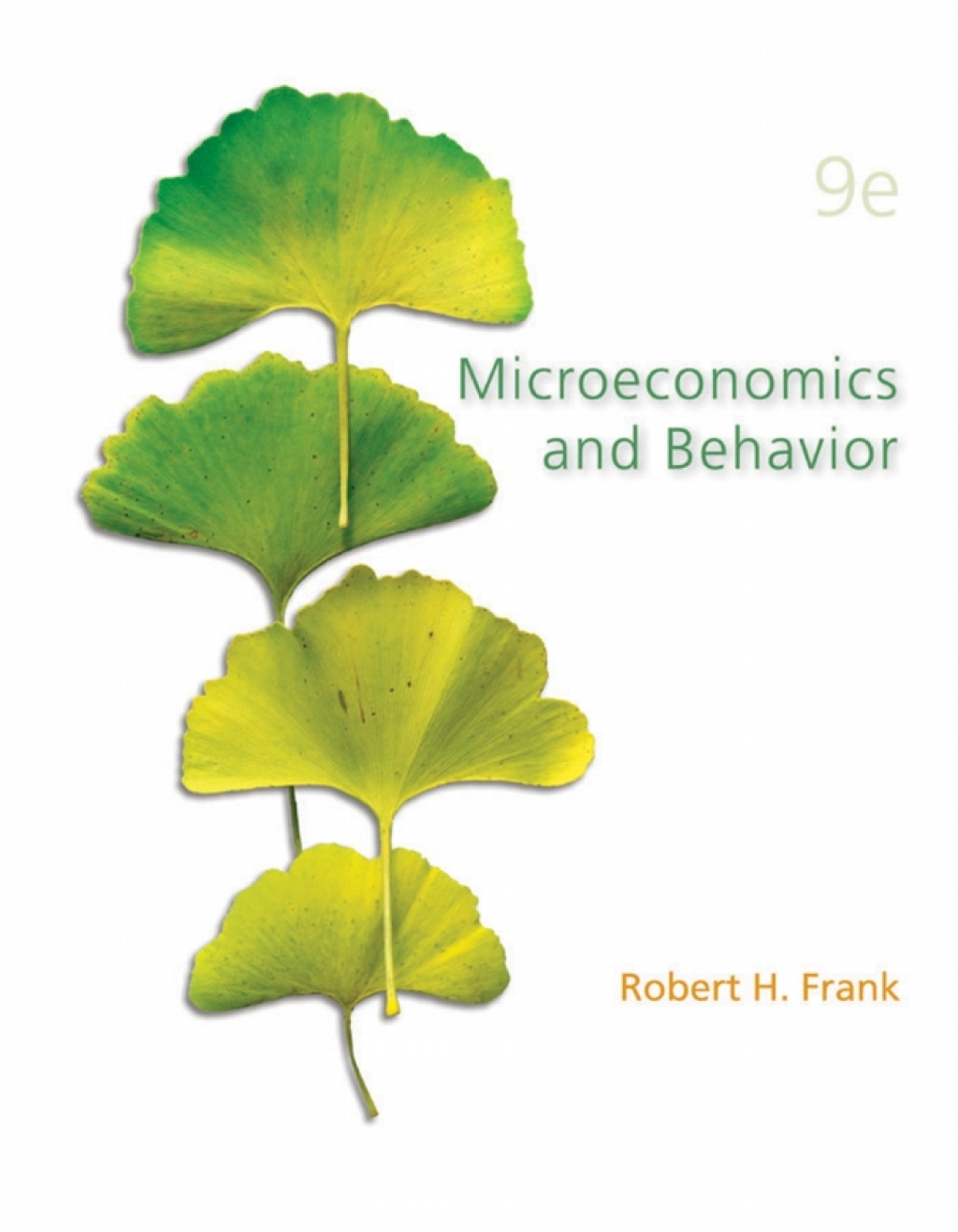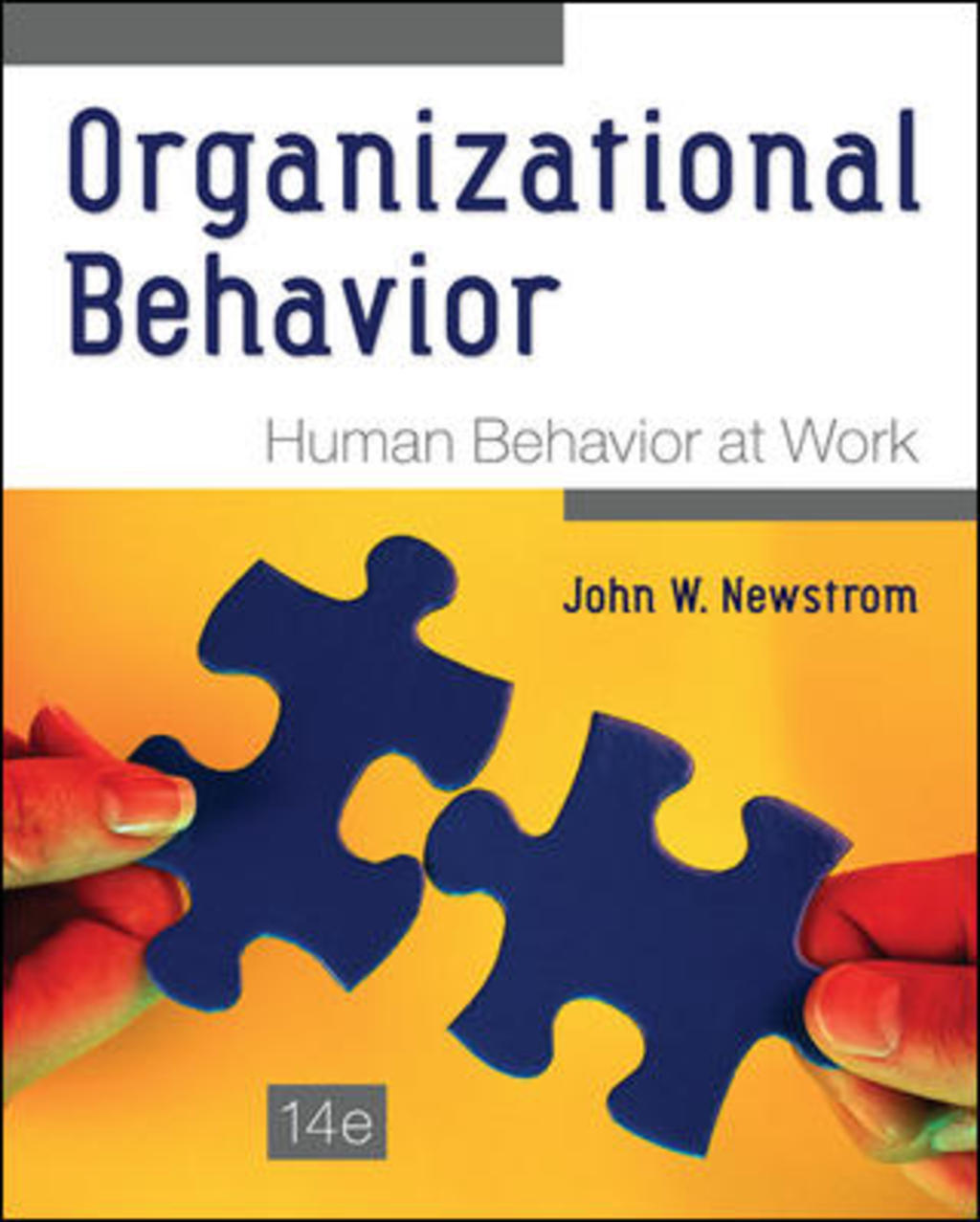Description
The field of biologically inspired computation has coexisted with mainstream computing since the 1930s, and the pioneers in this area include Warren McCulloch, Walter Pitts, Robert Rosen, Otto Schmitt, Alan Turing, John von Neumann and Norbert Wiener. Ideas arising out of studies of biology have permeated algorithmics, automata theory, artificial intelligence, graphics, information systems and software design. Within this context, the biomolecular, cellular and tissue levels of biological organisation have had a considerable inspirational impact on the development of computational ideas. Such innovations include neural computing, systolic arrays, genetic and immune algorithms, cellular automata, artificial tissues, DNA computing and protein memories. With the rapid growth in biological knowledge there remains a vast source of ideas yet to be tapped. This includes developments associated with biomolecular, genomic, enzymic, metabolic, signalling and developmental systems and the various impacts on distributed, adaptive, hybrid and emergent computation. This multidisciplinary book brings together a collection of chapters by biologists, computer scientists, engineers and mathematicians who were drawn together to examine the ways in which the interdisciplinary displacement of concepts and ideas could develop new insights into emerging computing paradigms. Funded by the UK Engineering and Physical Sciences Research Council (EPSRC), the CytoCom Network formally met on five occasions to examine and discuss common issues in biology and computing that could be exploited to develop emerging models of computation.

